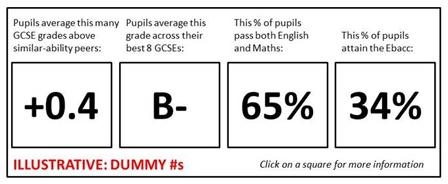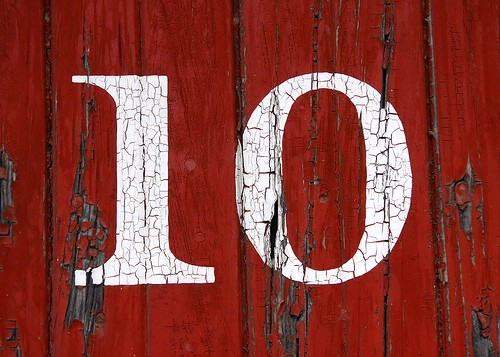In case you did not know
Schools currently improve their league table position if pupils move over the C/D borderline. This gives schools a huge incentive to focus excessively on the small number of pupils around the 5 Cs borderline.
…the current accountability framework discourages schools from focusing on the lowest attaining pupils.
The 5 A* to C measure also encourages schools to offer a narrow curriculum. Mastery of just 5 subjects is not enough for most pupils at age 16.
So says, Minister of State for Schools, David Laws. Really? League tables and threshold measures, the rules of the game, dictates a schools curriculum and examination tactics.
Graham Stuart (Beverley and Holderness, Conservative) made an important point, almost like one of those planted questions carefully deployed at lunchtime, minutes before a period five GCSE lessons,
It is rightly based on progression, but how will it ensure that progression is fairly measured between those who serve the more able and typically prosperous parts of the population and those in the most deprived areas?
Progression. Prosperous versus deprived. A question gently lobbed up to be volleyed home by the marauding Laws.
He is right that the new progress measure will ensure that the attention and focus is not only, as it was in the past, on the schools with the lowest levels of attainment, but on schools that appear to have high levels of attainment but where levels of progress are extremely low.
Only attainment at schools with a high APS intake (prosperous) often hits the grade ceiling…
Schools have been able to coast over the past decade because their overall levels of attainment look all right, when they have actually been failing young people by not getting much better results from them.
Second, progress of able students (prosperous) is far greater than it is for less able students (deprived). Progress alone is not a fair measure. It is a better measure, though not a fair one. And of course, lets not forget that the C + in English and Maths will still be reported. And that 40% of each school’s Progress 8 score is determined by their results in these core subjects.
I completely agree with Chris Paterson, author of a report on school accountability for the think tank Centre Forum, when he said
Getting the measure that drives school league tables right could be the single most important education reform of the coalition government.
I applaud the fact that Every child matters counts in these new measures, it’s just – not every child progresses at the same pace. I need to read
Reforming the accountability system for secondary schools in performance tables as from 2016 – Year 9 students.
There has been some confusion over what counts, here it is. The eight will comprise of
- a double weighted English element (the English Language qualification will count for this element, but will only be double weighted if the pupil has also taken English Literature, (there is no need for the student to have gained C+ in Literature);
- a double weighted maths element;
- three slots reserved for other EBacc subjects (sciences, computer science, geography, history and languages)
- Core and Additional Science will have gone, replaced by the Double Award GCSE in Science which will be worth two slots.
- Each of the single Sciences and also Computer Science will count as one slot each; if a student has more than three eligible qualifications, then the best grades would be counted.
 There is also the possibility of developing a destination measure to show the percentage of pupils in any school who move on to further study or employment, including further training.
There is also the possibility of developing a destination measure to show the percentage of pupils in any school who move on to further study or employment, including further training.
The new system will begin in 2016 for students currently in year 9. However schools may be able to opt into the new system from 2015 if they wish. Or if the new system presents the school in a more favourable light.
Reforming the accountability system for secondary schools
Secondary Schools (Accountability)
[qr_code_display]

